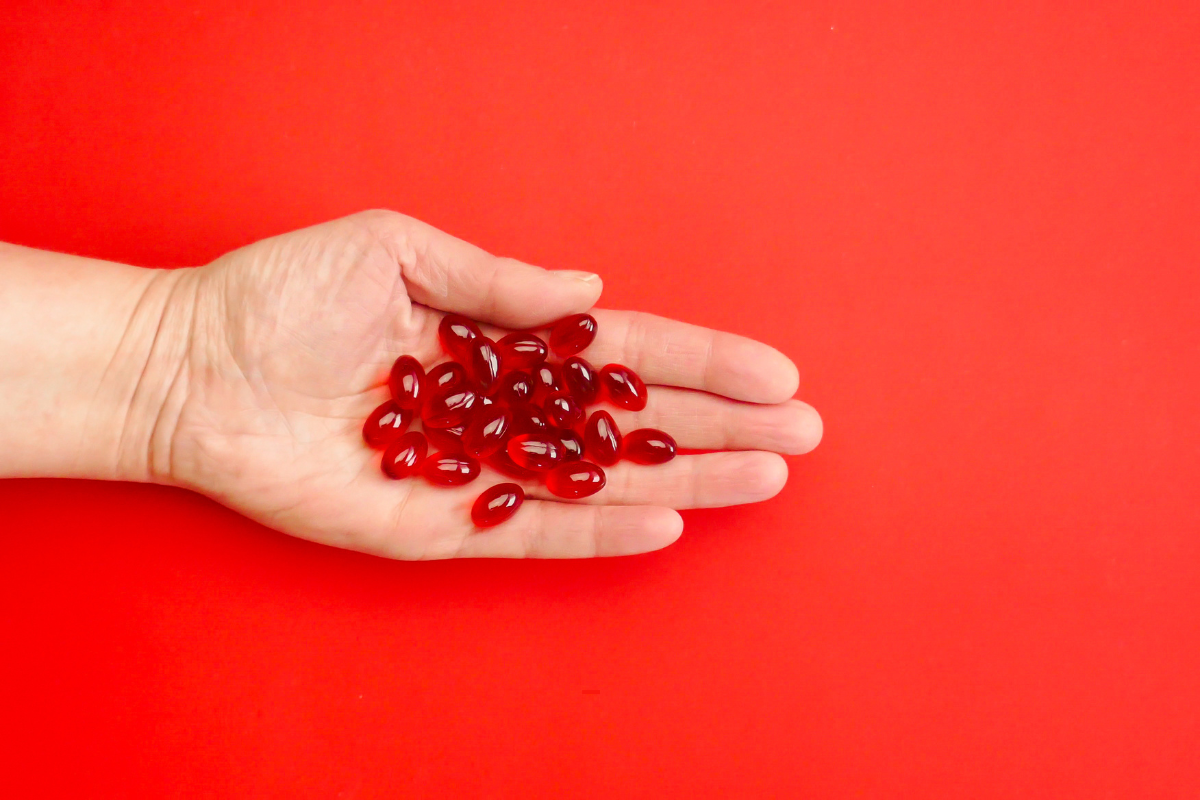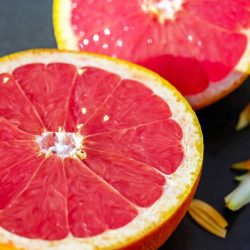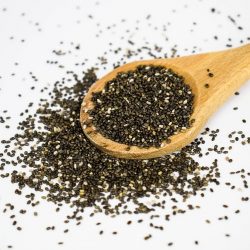There are many food supplements available to help you in your daily life. Widely available and relatively inexpensive, they are often used in complementary and alternative therapies. Capsules, capsules, tablets, ampoules, lozenges, sachets of powder or liquid preparations… you can find these supplements in many different forms and compositions.
These natural active ingredients have highly effective properties for a wide range of purposes. Whether for slimming, anti-stress, revitalising or sports, supplements are increasingly popular in France.
Why boost your natural defences?
A strong immune system is crucial for preventing and combating infections, viruses and other threats to our health. As well as adopting a healthy lifestyle, we can boost our natural defences by taking certain food supplements.
Daily stimulants, periodic boosts or cures, made up of nutrients (vitamins, minerals, trace elements, etc.), plants or other substances, these treatments offer numerous health benefits. In these wintry times, when viral infections are proliferating, a little help to boost the immune system through various cures and/or treatments is advisable.
While our immune system protects us at all times against viruses, bacteria, fungi and other pathogens, for a variety of reasons it can become weakened, leaving the field wide open to disease. There are natural solutions to help boost immunity, including vitamins C, D, Zinc and probiotics.
So let’s take a look at this arsenal of products that can boost our defences.
The immune system is our first line of defence against infection and disease. So it’s essential to keep it in good health.
How do food supplements work?
Available in pharmacies and drugstores, more and more clinical studies are showing that food supplements are safe and effective.
Some of these supplements help improve consumers’nutritional intake to help them slim down. Others help to combat winter ailments, improve digestion, promote beautiful hair and keep fit.
Food supplements, as their name suggests, are products to be taken in addition to our daily diet. Their aim is to compensate for certain deficiencies and inadequate nutritional intake. They provide a concentrate of nutrients or other substances with a beneficial nutritional effect. However, they can also provide physiological benefits. Unlike medicines, which are subject to therapeutic dosages, they are taken in physiological doses as part of a healthy lifestyle.
For some years now, the French have been consuming more and more of them, combined with an increasingly rich diet. As a result, nutrient deficiencies are quite common. In fact, as our diets become less varied and balanced, this has an impact on our bodies, both internally and externally.
Chronic oxidative stress and a lack of exercise, sleep and hydration can also lead to nutrient deficiencies. All these factors can weaken the immune system, leaving the way open for pathogens to attack the body. While a change in lifestyle can restore this balance, treatments such as dietary supplements can help boost your antibodies.
What are they made up of?
- Vitamins, minerals and trace elements, essential fatty acids, proteins and amino acids
- Other substances with nutritional and/or physiological purposes (probiotics, antioxidants, enzymes, etc.)
- Medicinal plants in the broad sense (including plants, algae, lichens and fungi)
Their active ingredients act to strengthen the body’s specific and non-specific defence systems.
They are given a specific dosage for optimum assimilation by the body. This is why it is important to moderate the treatment and, if possible, to be monitored by a health professional.
Food supplements to boost the immune system
When you have one busy day after another, or when winter sets in, your immune system can quickly show signs of weakness. Fatigue, repeated minor infections… sometimes we need to give our bodies a boost. That’s where food supplements can play an important role, especially during periods of fragility. Whether vitamins, minerals, probiotics or plant extracts, they offer a natural solution for boosting our defences on a daily basis. The key is to use them in a sensible way, adapted to your needs.
Each supplement has its own specific characteristics and acts differently on the body. Here is a brief summary of the main food supplements and their benefits for immunity.
| Category | Example of supplement | Benefits for immunity |
|---|---|---|
| Vitamins | Vitamin C | Powerful antioxidant, protects cells, promotes collagen production and stimulates immune cells. |
| Vitamin D | Regulates innate and adaptive immune cells, reduces the risk of infections. | |
| Minerals | Zinc | Participates in the production and function of immune cells, regulates the inflammatory response. |
| Selenium | Antioxidant and anti-inflammatory, supports the production of immune cells and protects against infection. | |
| Probiotics | Probiotics | Maintains the balance of intestinal flora, strengthens the intestinal barrier and stimulates antibodies. |
| Medicinal plants | Echinacea | Stimulates the production of immune cells and helps prevent infections. |
| Ginseng | Improves resistance to stress, stimulates immune cells and strengthens the body. |
Our advice on using food supplements
To get the most out of your supplements, adopt a few good habits:
- Choose supplements from reliable, certified brands.
- Always follow the dosage indicated on the label.
- Eat a varied diet, as supplements are no substitute for food.
- Ask your doctor for advice, especially if you are taking medical treatment.
Precautions to take
Although food supplements can help boost the immune system, it is important to take certain precautions:
- Do not substitute food supplements for medical treatment prescribed by a professional.
- Be careful if you are pregnant, breast-feeding or suffering from a chronic illness. Always consult a health professional before taking food supplements.
- Avoid taking food supplements in excess, as this can cause undesirable effects.
All in all, food supplements can be valuable allies in supporting our immune system, provided they are used with discretion. Combined with a balanced lifestyle, they help us to cope better with periods of stress and fatigue. As always, listen to your body and adapt the courses of treatment to suit your needs!
FAQ – Food supplements and the immune system
What are the best food supplements for boosting the immune system?
The essentials are vitamin C, vitamin D, zinc, selenium, probiotics, echinacea and ginseng. These supplements help to stimulate the body’s natural defences and make it more resistant to infection.
Are food supplements safe?
Yes, when taken in the recommended doses. However, it is essential to seek the advice of a health professional, especially if you are undergoing medical treatment or are pregnant.
Can I take several food supplements at the same time?
You can, but beware of interactions between certain supplements. For example, too much zinc can interfere with the absorption of copper. It’s best to consult a specialist to adjust the dosage.
Can probiotics be taken continuously?
Yes, probiotics are generally safe over the long term. However, to maximise their effectiveness, it is advisable to take them in courses of 1 to 3 months.
Can I give food supplements to my children?
Some supplements, such as vitamins C and D, are suitable for children, but in specific doses. Avoid adult supplements and always seek the advice of a paediatrician.
How long does it take to feel the effects of supplements?
This depends on the type of supplement and your initial state of health. The effects may be felt after a few days (vitamin C) or several weeks (vitamin D, probiotics). Regularity is the key to reaping the full benefits.
Do food supplements replace a balanced diet?
No, they should always be used as a complement to a varied and balanced diet, and never as a substitute. A healthy lifestyle is still the best way to maintain good health.





